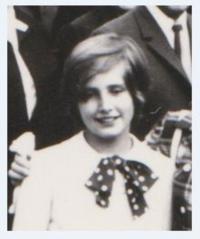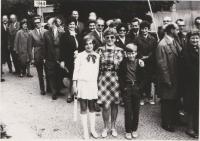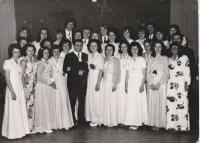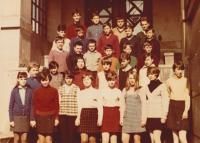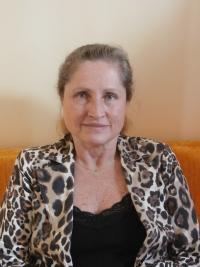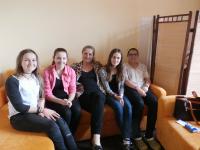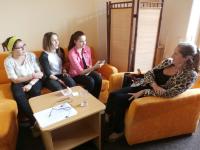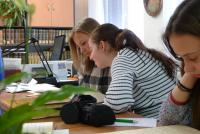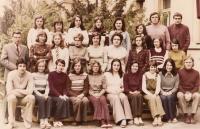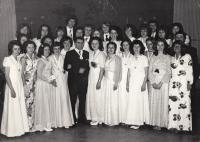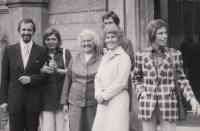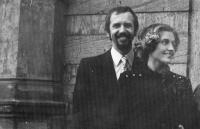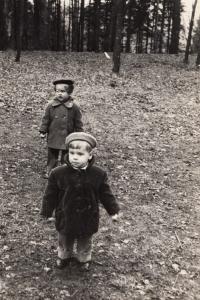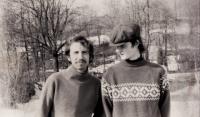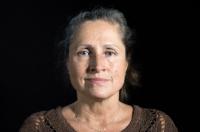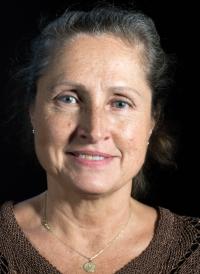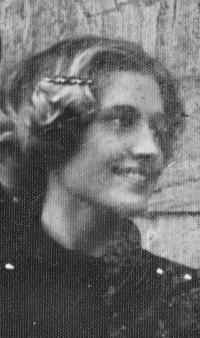From the depths of persecution and solitude

Download image
Romana Křenková was born on 13 July 1955 in Prague. She had one brother. Her family moved often - they lived in Karlovy Vary, Kralupy nad Vltavou, and Velvary. After her parents’ divorce she and her brother joined their mother in Mělník, where she completed primary school and began attending grammar school. She did sports, she competed in athletics and enjoyed learning languages and history. The witness remembers the trauma and gross awakening from a child’s vision of the world that was caused by the Soviet occupation in 1968. Her friend and classmate Blanka Trojanová introduced Romana to people who associated with the Evangelical pastors Jakub Trojan and Alfréd Kocáb. After grammar school she wanted to apply to university and become a doctor like both her parents, but she was denied a recommendation due to her political background. Aged nineteen, Romana Křenková married the Evangelical pastor Miloš Lojka; the couple moved to the parish house in Kralovice. She applied to Komenský Evangelical Faculty of Theology several times. But the Communist regime denied her the opportunity to study theology. Her husband was later stripped of his “state permission to provide spiritual care”. The witness had trouble finding employment - she worked as a laundrywoman, a cleaning lady, and a manual labourer. In 1977 her husband was drafted into military service, and soon after he was charged with inciting revolt by reading from the Bible and distributing Charter 77. Romana Křenková had to endure a house inspection, interrogations, and surveillance by State Security. By the time Miloš Lojka returned from prison, the couple was completely estranged; they divorced. Romana Křenková moved to Prague. She found a job in the legal department at Řempo Praha. Through contacts with Communists who had fallen from grace after 1968, the witness succeeded in enrolling at the Faculty of Law of Charles University. She participated in the demonstrations during Palach Week in January 1989 and the anniversary of the Soviet invasion in August later that year. The Velvet Revolution was one of the happiest times of her life. She quit her job at Řempo and joined the secretariat of the new minister without portfolio, where she worked for a year before going on maternity leave.
